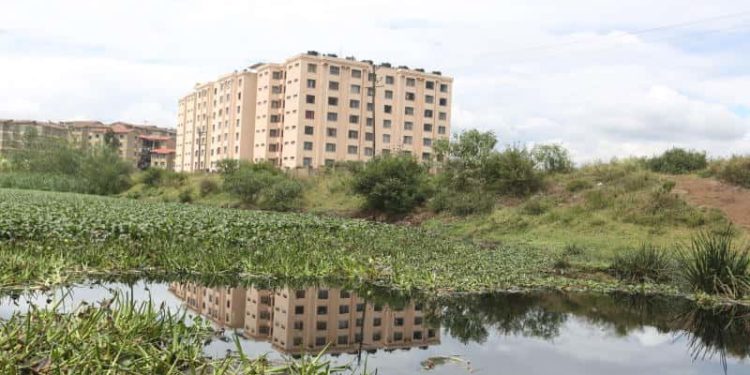In real estate development, riparian land plays a critical role in ensuring sustainable, compliant, and responsible land use. In Kenya, as urbanization continues to surge, real estate developers often face challenges in balancing rapid development with environmental conservation. Observing riparian zones in real estate is crucial for several reasons, which range from legal compliance and environmental sustainability to property value preservation and risk management.
One of the primary reasons to observe riparian land in real estate is to adhere to Kenyan laws and regulations. The Environmental Management and Coordination Act (EMCA), along with guidelines from the Water Resources Authority (WRA), provides strict regulations prohibiting construction or development within riparian zones. Failure to comply with these regulations can lead to hefty fines, legal action, or even demolition of property.
Riparian land acts as a buffer against flooding by absorbing excess water during heavy rains or rising water levels in rivers and lakes. Building on riparian zones compromises this natural flood control mechanism and puts properties at risk of flooding. This not only endangers the lives of residents but can also result in expensive damage to property and infrastructure.
Sustainable real estate development increasingly appeals to modern buyers and investors, who prioritize eco-friendly practices. Preserving riparian land not only protects the local environment but also contributes to a project’s overall sustainability profile. The conservation of riparian zones helps maintain biodiversity, supports clean water systems, and enhances air quality—all factors that improve the quality of life for residents.
Properties built too close to riparian zones, or on land that does not adhere to environmental regulations, are at risk of devaluation. Over time, water damage, erosion, and other environmental hazards can deteriorate the structural integrity of buildings. Additionally, properties that violate riparian laws may be marked for demolition, which not only results in financial loss but can also impact the surrounding property market negatively.
Observing riparian land regulations in real estate development is not only a legal obligation but also a strategic move for sustainable development, risk management, and property value enhancement. By adhering to these guidelines, developers can protect their investments, promote environmental conservation, and create desirable living spaces that contribute to Kenya’s long-term urban development goals.


















